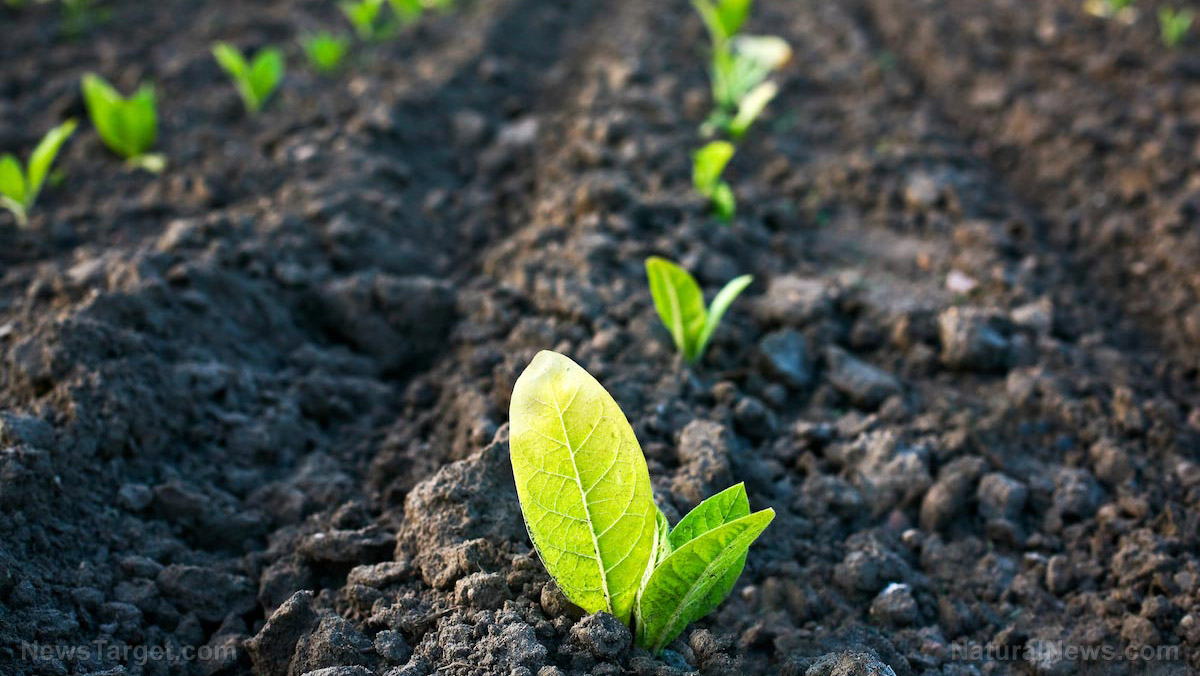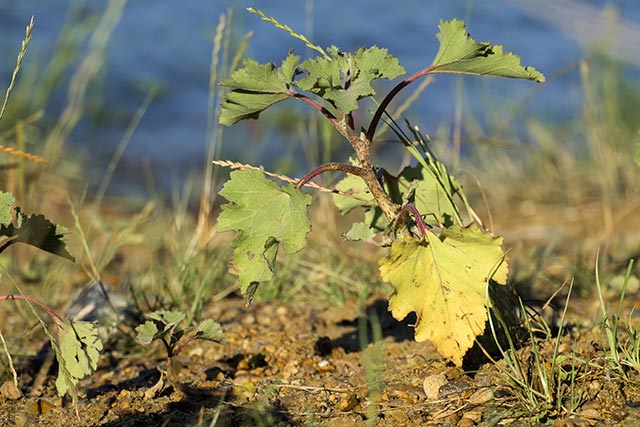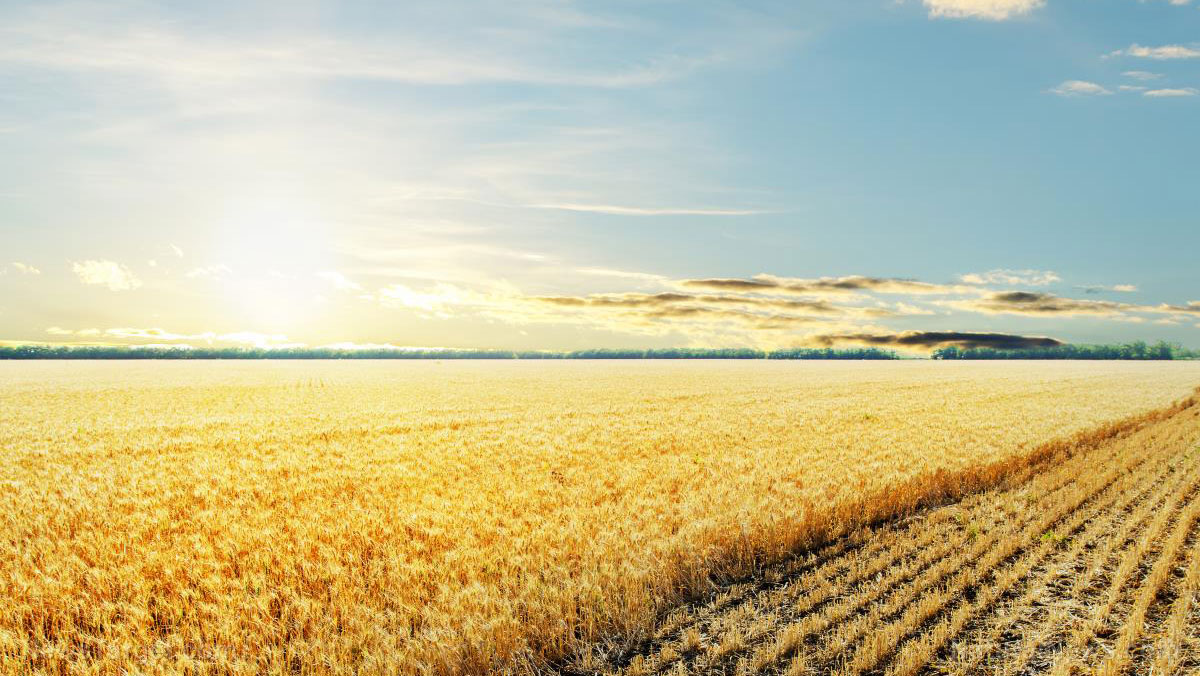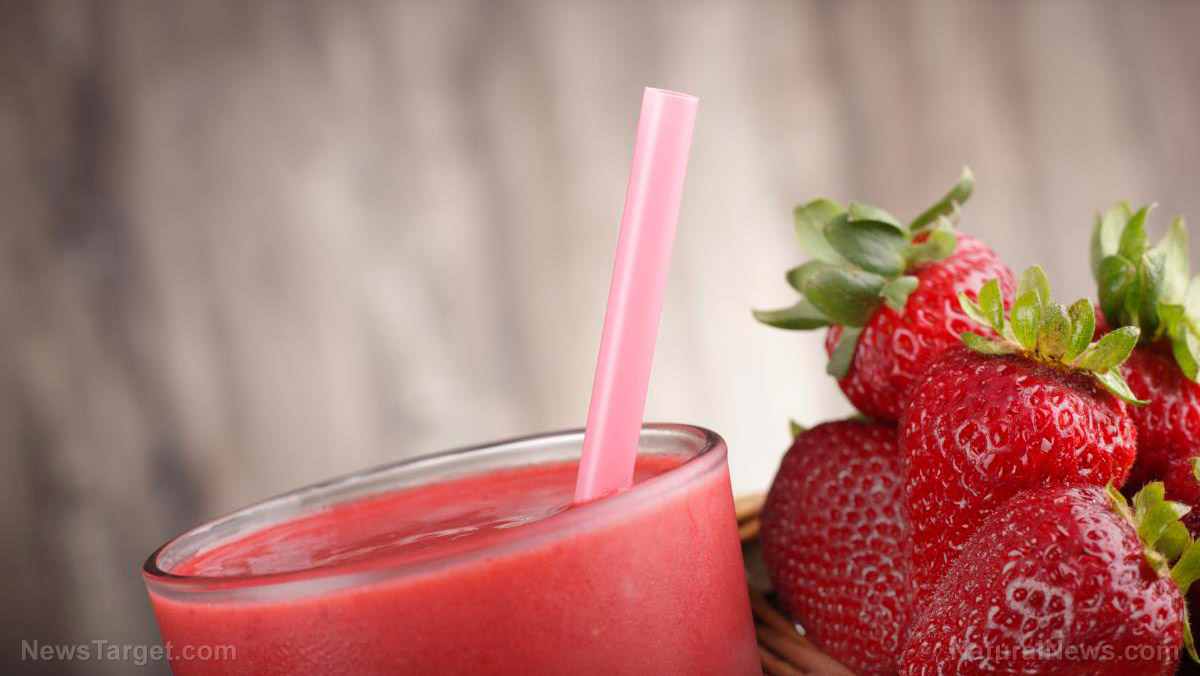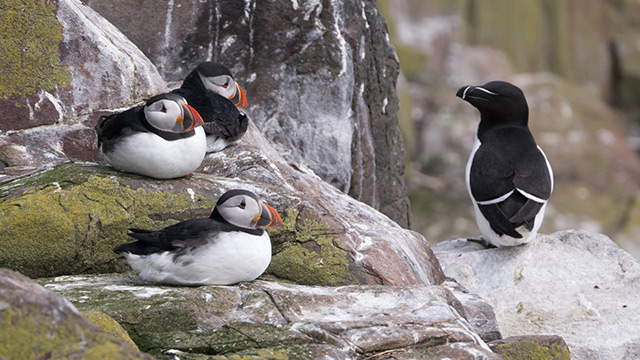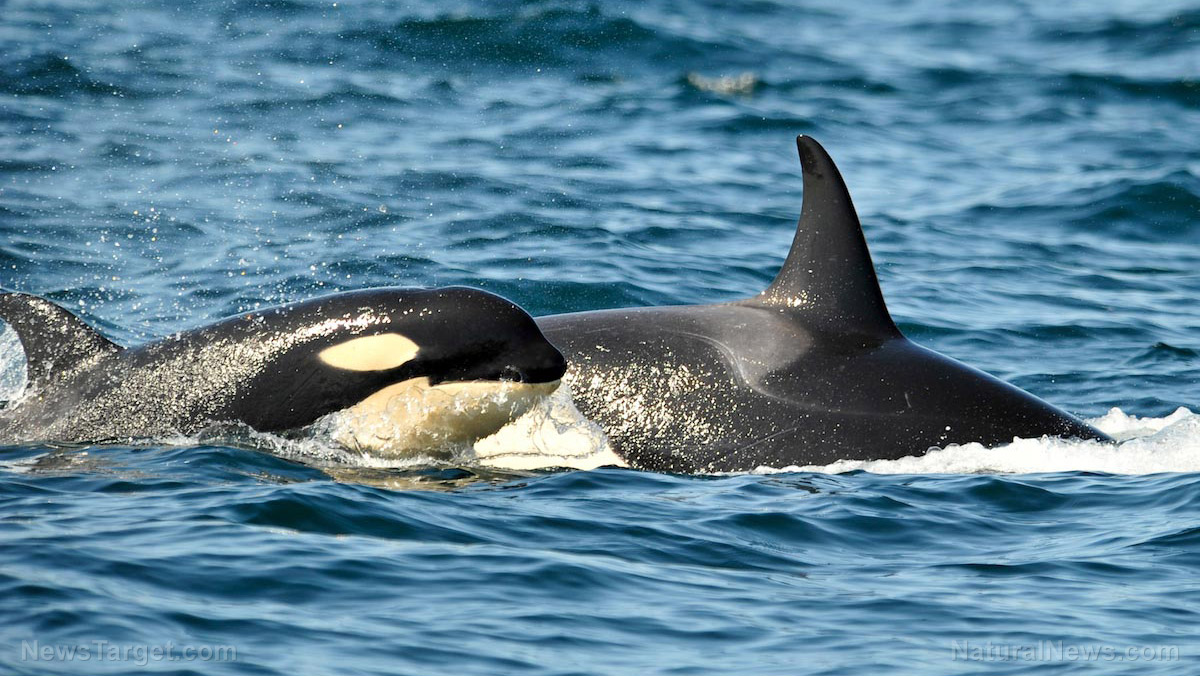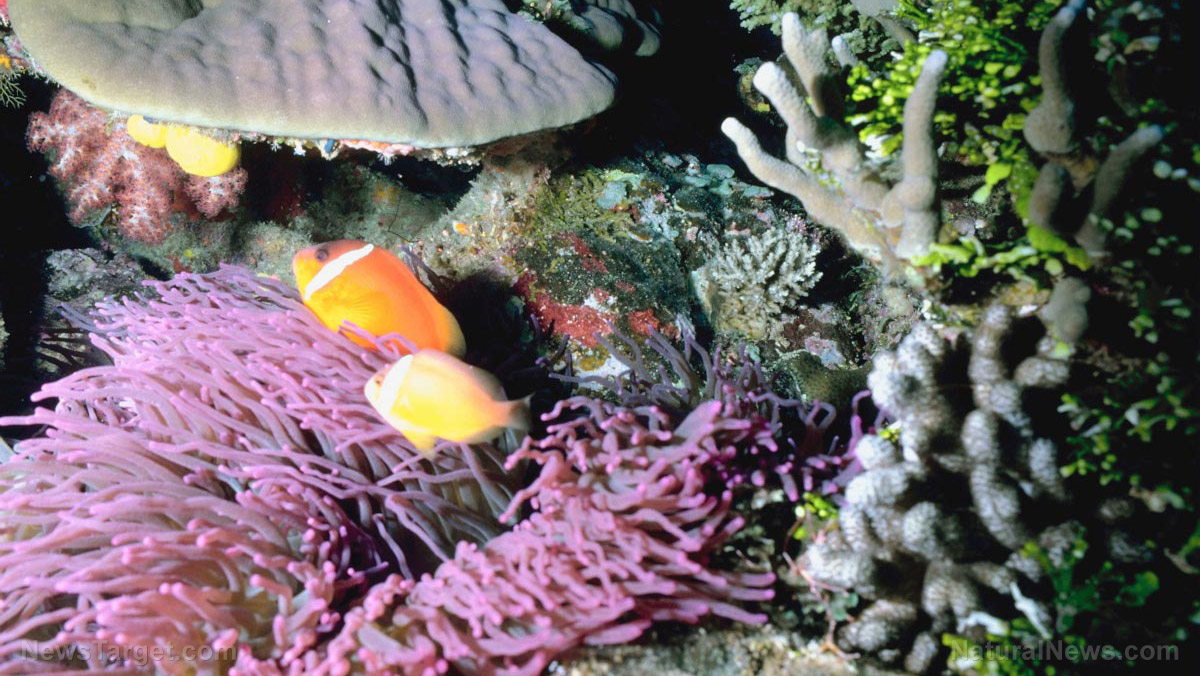Scientist develops biodegradable, edible non-plastic bags to halt the continued plastic pollution of the world
02/04/2017 / By Isabelle Z.
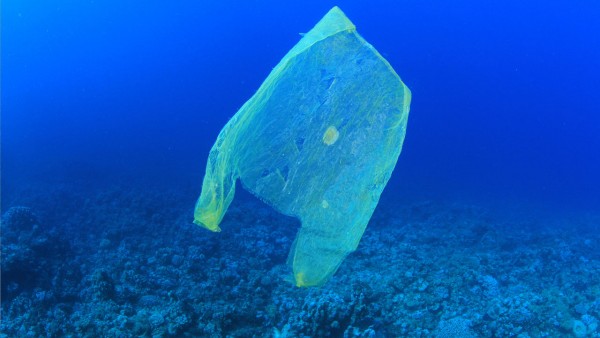
One country that has been making a concerted effort to reduce plastic waste is India. A ban on disposable plastics is set to go into effect in the Delhi region this year, outlawing the use of produce bags, cutlery and other disposable plastics, and many cities already ban plastic bags. It is therefore not surprising that one of the more innovative approaches to the fight against plastic is coming out of India.
In fact, it was a solution to the problems posed by this type of legislation that inspired Ashwath Hegde’s novel solution. Hegde noticed that many Indians were struggling to find a new way to bring their groceries home after the ban made traditional produce bags illegal. He said that many people cannot afford a reusable bag to carry their purchases, so he wanted to find an answer that would be both affordable and sustainable.
The trick was finding a material that would mimic plastic’s strength and flexibility while still being completely biodegradable and organic. He found success by mixing vegetable oil derivatives with natural starch, tapioca, potato and banana. The raw materials are converted to a liquid and then must undergo six more steps before becoming bags that have the look and feel of plastic without any of the negative effects on the environment such bags bring. Even the paint that is used to print on the bags is organic and natural.
Hegde’s EnviGreen bags degrade naturally in just 180 days, but they will disappear in just one day if they are placed in water at room temperature; they can dissolve in boiling water in just 15 seconds. They pose no danger to plants, animals or the environment, and they contain no conventional plastics.
However, the most interesting quality these bags possess is the fact that they are completely edible. While you might not want to serve them to guests for dinner, animals that encounter them in the environment can eat them without suffering any adverse effects. A number of tests have proven their safety and biodegradability, and Hegde drove the point home by dropping one of his EnviGreen bags into boiling water and then drinking it in an interview with the press. (RELATED: Find more news about natural solutions at Natural.News)
Plastic bags are polluting our oceans and killing animals
If these bags can be made and distributed on a wide scale, it could make a big difference to the ongoing problems caused by plastic bags. Many people use traditional plastic bags without giving a second thought to just how significant the damage they cause really is. (RELATED: Read more news about protecting the environment at ENVIRON.news)
It is estimated that 100,000 sea turtles and other types of marine life meet an untimely death each year as a direct result of of plastic bags, either because they are strangled by them or because they ingest them. More than 700 species are now endangered thanks to plastic waste, and nine out of 10 sea birds have plastic in their stomachs. Without safe, clean water to drink, more animals will die as pollution continues to increase.
Problem is widespread and growing
The world currently uses more than 100 billion single-use plastic bags each year, and the majority of them wind up in our oceans. It takes an incredible 100 million barrels of oil to make the plastic bags used around the world each year. Our oceans are currently home to 270 million tons of plastic, which is joined by an additional 8.8 million tons of plastic waste every year.
Hegde’s bags are already being sold in Abu Dhabi and Qatar, and they are expected to hit the Indian market this year. The plastic material is being used to make not only grocery bags but also garbage bags, packaging films and laundry bags. Mainstream adoption of safe solutions like these bags could well help our planet win the war against plastic.
Sources include:
Tagged Under: ocean and marine life, plastic alternatives, plastic waste
RECENT NEWS & ARTICLES
COPYRIGHT © 2017 ENVIRON NEWS

